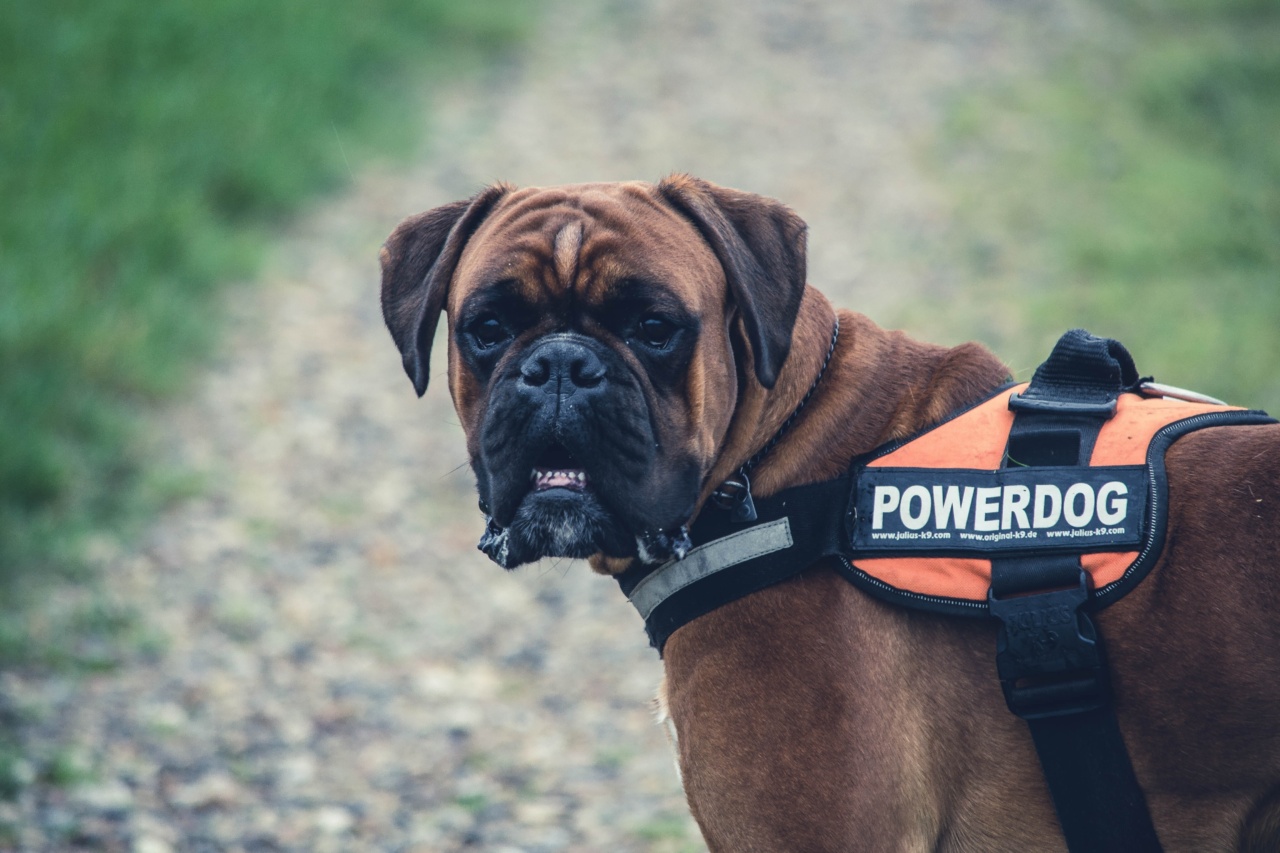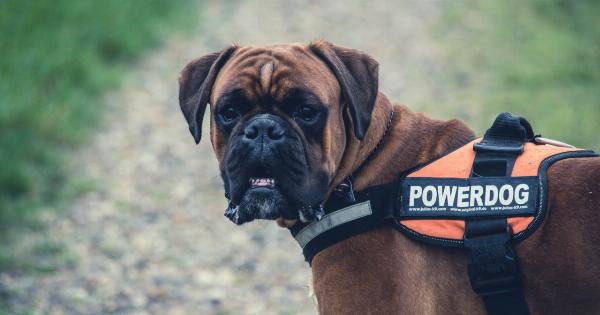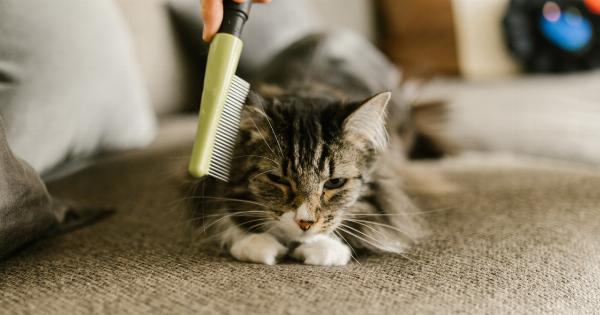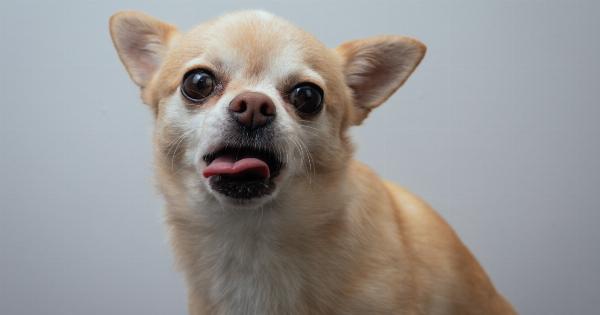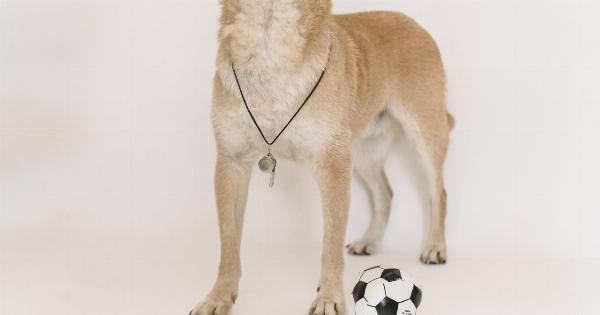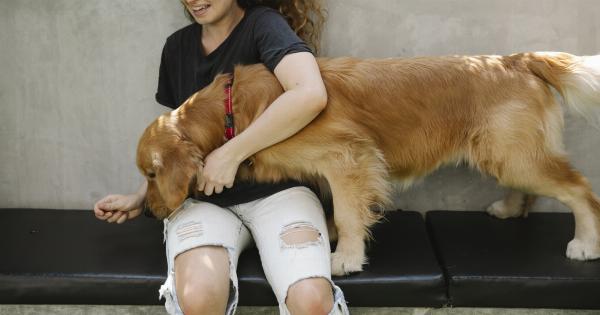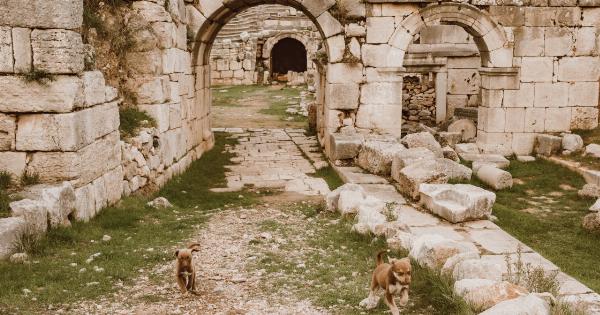The Cane Corso is a powerful and impressive breed of dog, known for their strong build and protective nature. Originating in Italy, this ancient breed was used as a hunting, guarding, and war dog.
It is believed that the Cane Corso is descended from the Roman Molossus, a massive, muscled dog used in the Roman Army.
The Cane Corso is a loyal and affectionate dog, who is fiercely protective of their family and territory. They are intelligent, quick learners, and have a strong work ethic.
As a guardian breed, they require socialization and training from an early age to ensure they develop into well-rounded dogs.
Appearance
The Cane Corso is a large dog, standing between 23 and 28 inches tall at the shoulder, and weighing between 88 and 120 pounds. They have a muscular build, with a broad chest, wide head, and powerful jaws.
Their coat is short and glossy, and can be black, fawn, grey, or red.
Personality and Temperament
Cane Corsos are known for their protective nature, and make excellent watchdogs and guard dogs. They are confident and assertive, but also affectionate and loyal to their families.
They can be aloof with strangers, and it is important to socialize them to ensure they can differentiate between friend and foe.
As a working breed, Cane Corsos require plenty of exercise and mental stimulation to keep them happy and healthy. They thrive on activities that engage their minds, such as training, agility, and obedience.
They also love to spend time outdoors, and enjoy hiking, swimming, and playing fetch.
Training and Socialization
Training and socialization are essential for Cane Corsos, as they are a powerful breed with a strong protective instinct.
Early socialization will help them learn to differentiate between friend and foe, and will help to prevent them from becoming overly aggressive or protective.
Positive reinforcement training methods work best with Cane Corsos, as they respond well to praise and rewards. It is important to establish yourself as the pack leader, and to set clear boundaries and rules for your dog.
Consistency and patience are key when training a Cane Corso, as it may take time for them to fully understand what is expected of them.
Health and Nutrition
Cane Corsos are generally healthy dogs, but like all breeds, they are prone to certain health conditions. These may include hip dysplasia, bloat, and heart disease.
It is important to feed your Cane Corso a high-quality diet, and to provide them with regular exercise and veterinary care.
Grooming
The Cane Corso’s short coat is easy to care for, and requires minimal grooming. Regular brushing will help to keep their coat shiny and healthy, and will also help to prevent shedding.
You may also want to trim your dog’s nails, clean their ears, and brush their teeth on a regular basis.
Is a Cane Corso Right for You?
If you are looking for a loyal and protective companion, the Cane Corso may be the perfect breed for you. However, they are not suitable for everyone.
They require a firm but fair owner who is able to provide them with plenty of exercise and mental stimulation. They are also best suited to homes with older children, as they can be boisterous and may accidentally knock over younger children.
Conclusion
The Cane Corso is a powerful and impressive dog, who makes an excellent guardian and companion for the right owner. They are intelligent and loyal, and thrive on activities that engage their minds and bodies.
With proper training and socialization, the Cane Corso can make a loving and devoted addition to any family.
